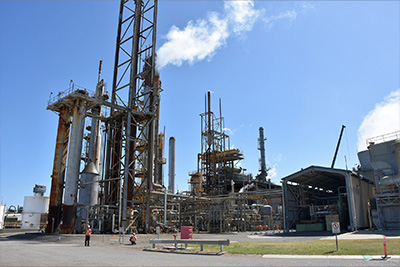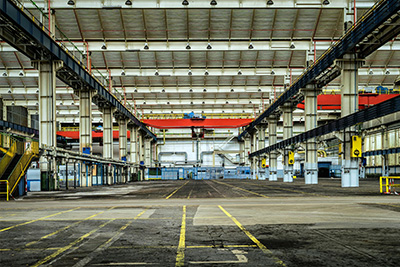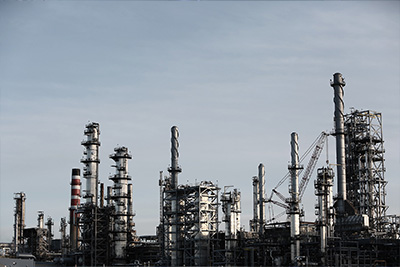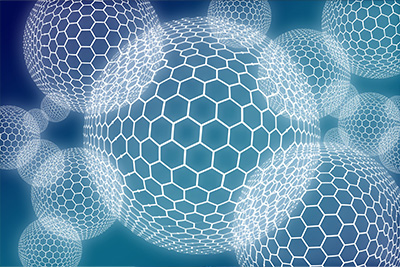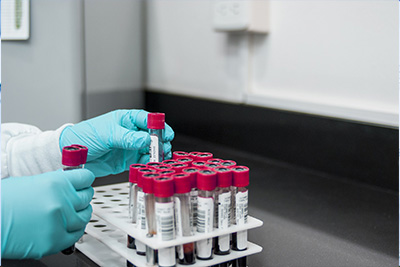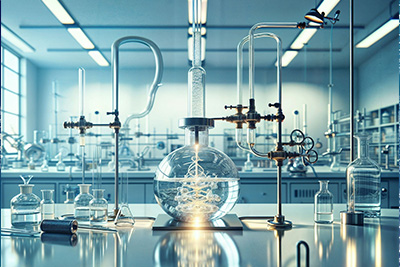-
![β-Diketone Antioxi···]() 2025-01-01 β-Diketone Antioxidants in the Produ···
2025-01-01 β-Diketone Antioxidants in the Produ···The use of β-diketone antioxidants plays a crucial role in enhancing the weather resistance of polymers. These antioxidants effectively mitigate the degradation caused by UV radiation and oxidation, thereby extending the lifespan and durability of polymer materials. By incorporating β-diketone antioxidants into polymer formulations, manufacturers can produce materials that maintain their mechanical properties and appearance under harsh environmental conditions, making them suitable for long-term outdoor applications.
read more > -
![Premix Additives i···]() 2025-01-01 Premix Additives in the Production o···
2025-01-01 Premix Additives in the Production o···Premix additives play a crucial role in enhancing the properties of polymeric films used in packaging applications. These additives, when incorporated into the polymer matrix before film formation, improve characteristics such as barrier properties, mechanical strength, and thermal stability. Common premix additives include plasticizers, antioxidants, UV stabilizers, and anti-fog agents. By optimizing the composition and concentration of these additives, manufacturers can tailor films to meet specific requirements, ensuring product quality and extending shelf life. This process is essential for meeting industry standards and consumer demands in the packaging sector.
read more > -
![Antioxidants in PV···]() 2025-01-01 Antioxidants in PVC: Current Trends ···
2025-01-01 Antioxidants in PVC: Current Trends ···This article reviews the current trends and future directions in the use of antioxidants for stabilizing polyvinyl chloride (PVC). It highlights the importance of antioxidants in mitigating degradation processes, such as thermal and UV-induced oxidation, which can significantly affect the material's properties and service life. The discussion covers various antioxidant types, including primary and secondary antioxidants, and their mechanisms of action. Emerging trends focus on developing more efficient, eco-friendly antioxidants and stabilization systems that meet stringent regulatory requirements. The paper also explores innovative approaches like antioxidant nanocomposites and synergistic combinations to enhance PVC stability. Overall, it emphasizes the need for continuous research and development to improve PVC's performance and sustainability.
read more > -
![Butyltin Mercaptid···]() 2025-01-01 Butyltin Mercaptide in CPVC: Improvi···
2025-01-01 Butyltin Mercaptide in CPVC: Improvi···Butyltin mercaptides have been found to enhance the resistance of chlorinated polyvinyl chloride (CPVC) materials to environmental stress cracking. This improvement is achieved by altering the chemical structure and enhancing cross-linking within the polymer matrix, leading to greater durability and longer lifespan under stress conditions. The incorporation of butyltin mercaptides can potentially extend the application range of CPVC in demanding environments where conventional CPVC tends to fail due to stress cracking.
read more > -
![Enhancing the Proc···]() 2025-01-01 Enhancing the Processing of Polyethy···
2025-01-01 Enhancing the Processing of Polyethy···The utilization of SBM (presumably a specific additive) in the processing of polyethylene is explored to improve its efficiency and effectiveness. This study investigates how the addition of SBM influences the mechanical properties, thermal stability, and overall processability of polyethylene. Results indicate that SBM significantly enhances polyethylene's processability, leading to better mechanical strength and increased thermal stability. These improvements make it more viable for various applications, showcasing the potential of SBM as a beneficial additive in polymer processing.
read more > -
![The Role of Premix···]() 2025-01-01 The Role of Premix Technology in Pol···
2025-01-01 The Role of Premix Technology in Pol···Premix technology plays a crucial role in enhancing the performance of polymer blends for industrial applications. By pre-mixing different polymers and additives, this technology ensures better dispersion and compatibility, leading to improved mechanical properties, processability, and overall quality. This approach facilitates the creation of customized materials tailored to specific industry needs, such as enhanced durability, thermal stability, and reduced manufacturing costs. Premix technology is widely utilized across various sectors including automotive, electronics, and packaging, demonstrating its significance in modern manufacturing processes.
read more > -
![Antioxidants in Po···]() 2025-01-01 Antioxidants in Polycarbonate: Stabi···
2025-01-01 Antioxidants in Polycarbonate: Stabi···This article explores the role of antioxidants in enhancing the stability of polycarbonate materials, which are widely used in optical and electrical applications. Antioxidants help prevent degradation caused by thermal and oxidative stress, thereby extending the lifespan and improving the performance of polycarbonate components. The study discusses various antioxidant additives and their effectiveness in maintaining the optical clarity and mechanical strength of polycarbonate during processing and operation. Understanding these interactions is crucial for developing more durable and reliable polycarbonate-based devices in industries such as electronics and optics.
read more > -
![Butyltin Mercaptid···]() 2025-01-01 Butyltin Mercaptide in CPVC Pipes: A···
2025-01-01 Butyltin Mercaptide in CPVC Pipes: A···This review examines the chemical and physical properties of butyltin mercaptides in chlorinated polyvinyl chloride (CPVC) pipes. Butyltin mercaptides, commonly used as stabilizers in CPVC manufacturing, exhibit distinct characteristics that influence pipe performance. The review discusses their molecular structure, thermal stability, and interaction with CPVC matrices. Additionally, it highlights their impact on mechanical strength, resistance to thermal degradation, and long-term durability. Understanding these properties is crucial for optimizing CPVC pipe production and enhancing their application in various industries.
read more > -
![Polyurethane Chain···]() 2025-01-01 Polyurethane Chain Extenders: Applic···
2025-01-01 Polyurethane Chain Extenders: Applic···Polyurethane chain extenders play a crucial role in tailoring the properties of polyurethane materials. These compounds, such as diols and diamines, enhance the molecular weight of polyurethanes by facilitating chain extension, which significantly impacts mechanical strength, elasticity, and thermal stability. Common applications include the manufacturing of flexible foams for upholstery, resilient elastomers for industrial components, and tough coatings for various surfaces. The selection of appropriate chain extenders is vital for achieving desired characteristics in end products, making them indispensable in polyurethane synthesis and formulation processes.
read more >



